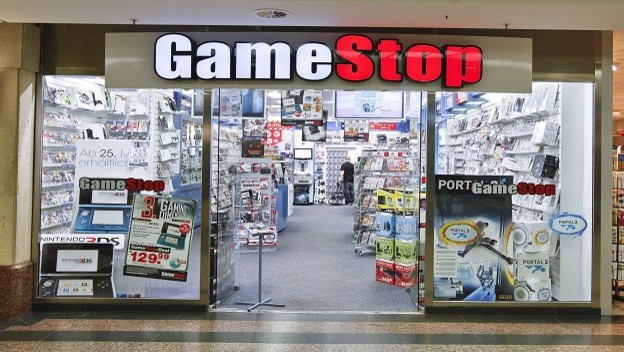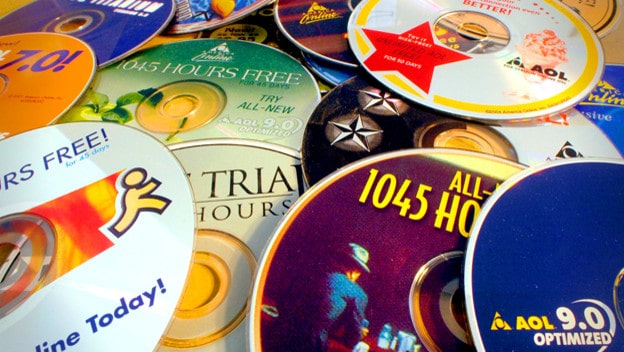The idea is that when you buy a game, it’s yours entirely, but the legislature around that idea is very complicated. Digital games further complicate the concept and, because there is no physical aspect to it, you can’t even resell your games. The only value they actually have is whatever you make of your experience with them. Physical games, however, have value, and sometimes that value increases beyond the price of the original game in the case of rarities. This dilemma is something for gamers to decide when considering where and how they want to buy their games. Thanks to an upcoming service, the decision may become easier for those who are leaning towards the digital side of the argument.
Brian Fargo, who founded Interplay and InXile, has an idea for how all of this might work. In his mind, the key is in blockchain, which is the source of cryptocurrencies. It seems that these cryptocurrencies are highly secure and can easily change hands.
It will take some guesswork in determining how this will be the most valuable to consumers and developers, but right now, several publishers are supporting his idea, which he calls Robot Cache. When it launches later in 2018, gamers will be able to sell their digital games to one another, and the publishers will get a portion of the sale. That’s because, well, the games belong to them. This is where things get tricky.
What do we want as gamers? Right now, the best way to profit off an old game is to sell it directly to another party. I would argue, barring any other generous innovations, that the second best way might be through a platform like Robot Cache when it comes out. When you sell digital copies this way, the publisher gets money for the games they made instead of Gamestop profiting from, well, just selling games. This, of course, depends on your needs and priorities.
It doesn’t look like Robot Cache will allow gamers to receive cash for their transactions and the money they get for their games will be something akin to store credit. It’s unclear how the idea will affect the industry. On one hand, the money received by the seller is put back into the industry as consumers seek out other games. On another hand, publishers would probably prefer that they sell the game for full price every time. On a third hand, if you can entertain the notion of three hands for a moment, new consumer behavior may be totally unpredictable.

It’s a mystery at this point, because we still have to wait and see exactly how the platform develops. Then, we have to see who embraces the platform both in terms of developers and consumers. We need to see if the platform inspires competition from any possible contenders.
Personally, I’d love to have a sense of ownership for the titles I buy digitally, which are usually a result of phenomenal sales. While I don’t own the digital titles, the idea that they have some monetary value and I can get rid of them when I like is a fair enough compromise, for now. I only wonder how it will effect collectors in the future, if innovations like this pull people even further from the tendency to buy physical.
